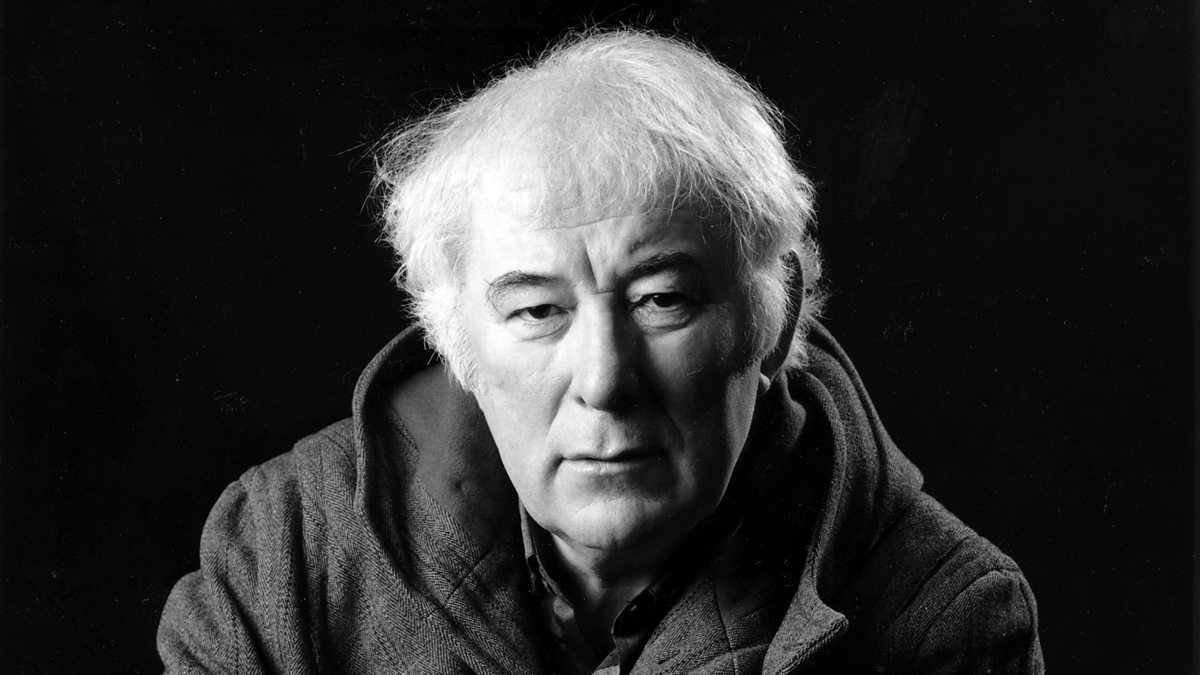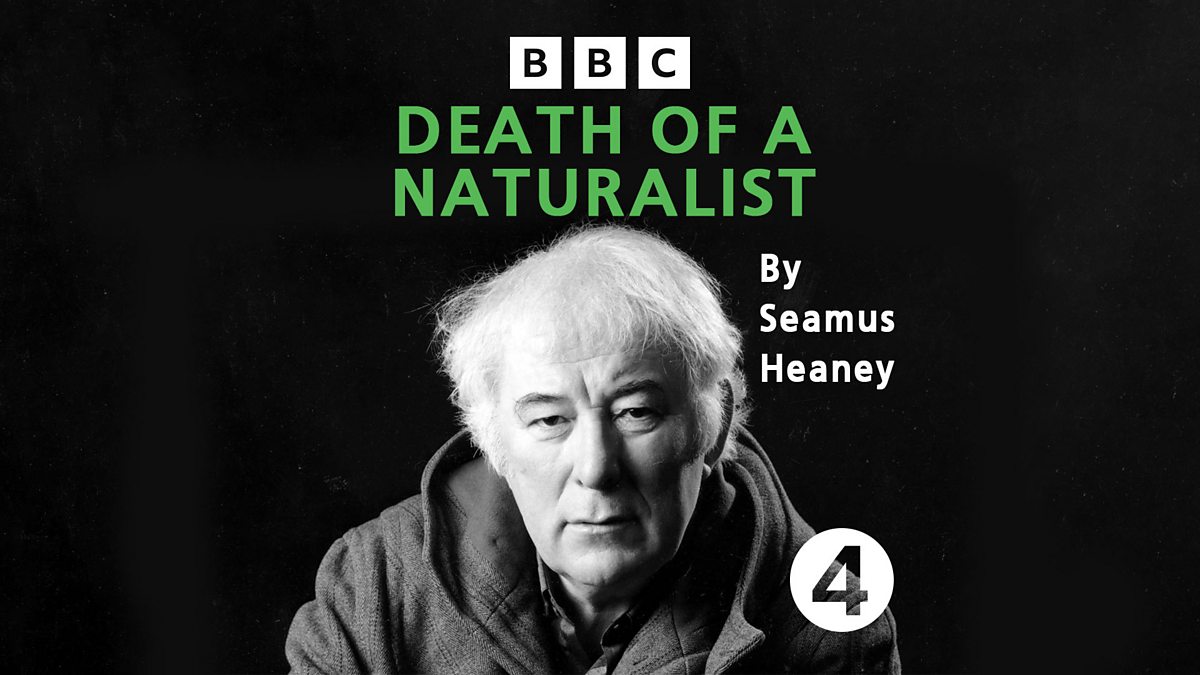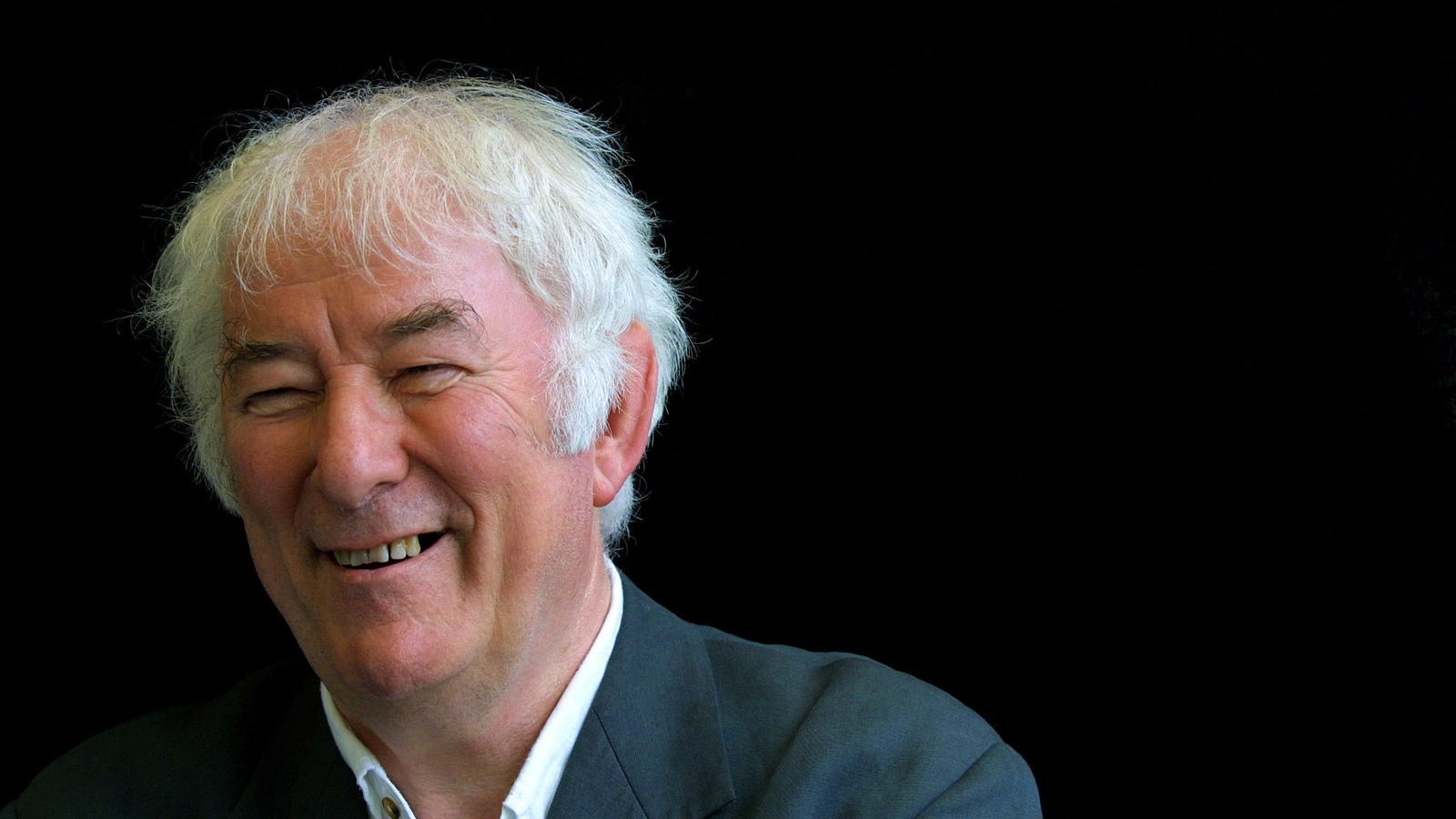I met seamus at a poetry Ireland event one evening, he seemed very gruff but his wife was charming.
Seamus Heaney (1939-2013)
Collapse
X
-
She writes poems also.Originally posted by JasonPalmer View PostI met seamus at a poetry Ireland event one evening, he seemed very gruff but his wife was charming.
But I wanted to tell about my New Year present to myself - The Translations of Seamus Heaney. I have not yet got very far- there are lots of notes and commentaries to negotiate as well as the translations/poems. I got no further than the second poem when I discovered that it was by a French poet of the 16th century who was not published in her lifetime. The poem itself sat for years before being published in Heaney's translation for the first time in this volume. That, in itself, is an interesting item of scholarship, but I prefer to give you the poem which has waited so long to be aired.
Prayer
The fear of death disturbs me constantly;
For those in hell there can be no redemption;
Though I have sinned I cannot feel contrition;
The further I go, the worse my agony
You will consume me like a brittle leaf
On that appalling day of tribulation:
Let me at last repent of my transgression,
For fastened to my soul is bitter grief.
You made me out of flesh, tendons, and veins,
Of blood and bones, of liver, lungs, and brains -
I'm dust and ashes, Lord; remember this.
Like straw that winds rend from little to less,
Your wrath can sweep me into nothingness.
Ah, do not let me fall in the abyss.
The Translations of Seamus Heaney 2022 Gabrielle De Coignard 1550 - 1586/94
Comment
-
-
Indeed a lovely sonnet. Here's the original
56.
La crainte de la mort incessamment me trouble,
En enfer il n’y a nulle redemption,
Je n’ay de mes pechez une contrition,
Tant plus je vais avant, plus ma peine redouble.
Tu me consommeras comme une seiche estouble,
A ce terrible jour de tribulation,
Laisse moy repentir de ma transgression,
Car l’amere douleur à mon ame s’accouple.
Tu as basti mon corps de chair, d’os et tendons,
De peau, veines et sang, ratte, foye et poulmons,
Souvienne toy, Seigneur, que je suis pouldre et cendre,
Comme un festu poussé par la rigueur du vent,
Tu me peux basloyer et reduire à neant,
He! ne me laisse pas aux abismes descendre.
--- found in Gabrielle de Coignard
Spiritual Sonnets: A Bilingual Edition
Edited and Translated by Melanie E. Gregg 2003
Comment
-
-
Does a translation qualify as a poem in its own right? (Heaney was 'a dab' at Latin, btw)Originally posted by Forget It (U2079353) View PostIndeed a lovely sonnet. Here's the original
56.
La crainte de la mort incessamment me trouble,
--- found in Gabrielle de Coignard
Spiritual Sonnets: A Bilingual Edition
Edited and Translated by Melanie E. Gregg 2003
To a Wine Jar
When Manlius was consul you were filled,
Venerable pitcher, and I was born.
Now we meet. For what? Regrets or laughter?
Rows or old maudlin loves or boozy sleep?
No matter. The rare Massic that you store
Is only to be savoured on a day
Like this: Corvinus is insisting on
A wine that is a wine. So down you come.
Corvinus will appreciate you, though he looks
The real ascetic and sounds so terribly
Socratic. Anyhow, even old Cato's
Frosty precepts thawed in the heat of wine.
You are a sugared poison to the souls
Of puritans, a sweet forbidden fruit.
The canny man relaxes when you smile,
Unloads his worst fears, leaks his secret plans.
You'll flush a worried wretch with sudden hope
And boost the small man up into heroics:
Who will go brazen into royal courts
Or face the firing line after a glass.
Join us, then, to-night. Here's company! Bacchus
And the jealous Graces. Venus too.
The lamps flicker. Down you come. We'll drink
Till Phoebus, returning, routs the morning star.
The Translations of Seamus Heaney 2022. Horace 65 BC - 8 BCLast edited by Padraig; 13-01-23, 14:54.
Comment
-
-
I think any of Seamus' books are worth picking up. I bought a copy of his translation of 'The Burial at Thebes' from Sophocles' 'Antigone' for 99pin a local chazza the other day. I didn't know anything about it beforehand. Read it this evening - very enjoyable indeed. Here's Heaney's translation of the final few lines said by the chorus of Theban Elders:Originally posted by JasonPalmer View PostInteresting. I may buy some seamus if I spot it while browsing charity shops or second hand bookshops.
Wise Conduct is the key to happiness.
Always rule by the gods and reverence them.
Those who overbear will be brought to grief.
Fate will flay them on its winnowing floor
And in due season teach them to be wise.
Comment
-
-
Comment
-
-
Just caught up with your post, John. I have listened again on Sounds, having forgotten about the programme until now. Some favourite poems included enhanced by the Heaney brogue. Maura Johnson was particularly good on the local language(s) element in the poetry; she lives in Magherafelt, not too far from Bellaghy, so she breathes the same air.Originally posted by johncorrigan View PostJohn Kelly exploring the importance of place in Heaney's work.
It's hard to believe it's ten years. I had not forgotten, but I will not be able to be In Bellaghy next Wednesday. I'll post a new poem instead.
Comment
-
-
Heaney's range of translations includes poetry from Ancient Greece and Rome and from a modern Greek poet, Constantine P. Cavafy (1863 - 1933)Originally posted by Padraig View PostI'll post a new poem instead.
In Stepping Stones 2008 Heaney said that his 'first response to Cavafy was like everybody else's: immediate susceptibility to the clear steady gaze at the world and himself, at the stealth in passion and power politics'. Of six poems by Cavafy translated in 2005, no 6 was collected in District and Circle (2006) :
“The rest I’ll speak of to the ones below in Hades” — C.P. Cavafy (translated by Seamus Heaney) | I was not born in English
All six are now collected in The Translations of Seamus Heaney, no1 being The First Step.
The First Step
The poet Eumenis, a young beginner,
complained one day to Theocritus:
'For two years I've been writing and rewriting
and a single eclogue's all I have to show,
my one finished work.I'm at my wits end.
I see how steep the stair of poetry is,
how high it reaches, yet here I am, no further
that the first step. From where I stand
I know the climb will be too much for me.'
Theocritus answered him: 'That kind of talk
is disallowed, an affront to poetry:
to stand on the first step should make you proud.
You should be happy with the work you've done.
It's no small thing to have come this far.
Achieving this much is already glory,
for negligible as this first step seems
it elevates you to a different plane.
If you've come this far it means you must belong
by natural right in the city of ideas.
And to be admitted there as a citizen
is no easy or ordinary thing.
No dubious character has ever fooled
the legislators in that agora.
It is no small thing to have come this far,
Achieving this much is already glory.
C.P Cavafy (translated by Seamus Heaney)
Comment
-
-
I have to say, ahead of Seamus' 10th anniversary tomorrow, that I was very moved by Catherine Heaney's programme about her father's love poetry, the second part of 'Four Sides of Seamus Heaney'. A wonderful programme where his wife and children, among others, talk about his work. Great radio.
Comment
-


 . All welcome.
. All welcome.

Comment